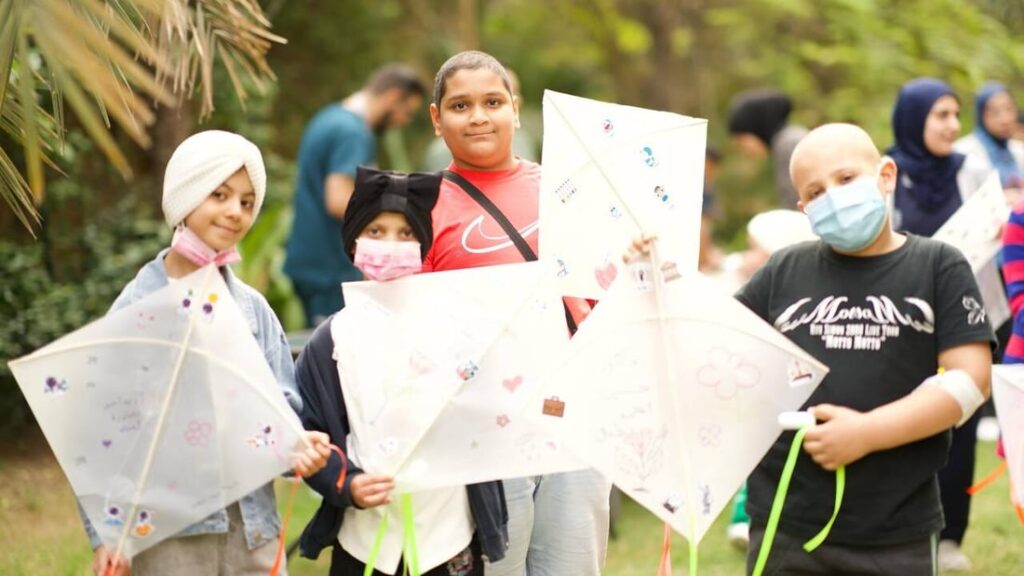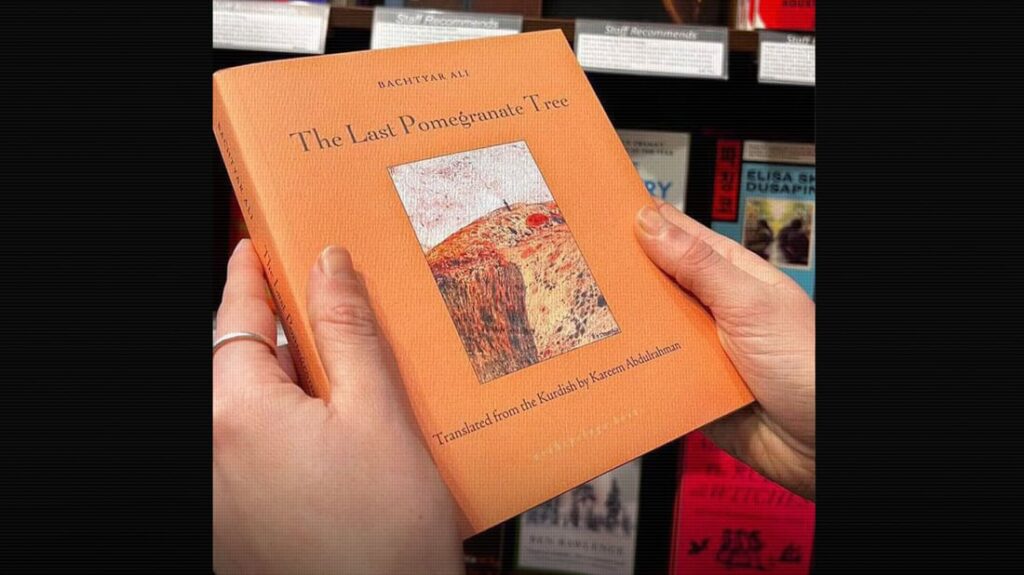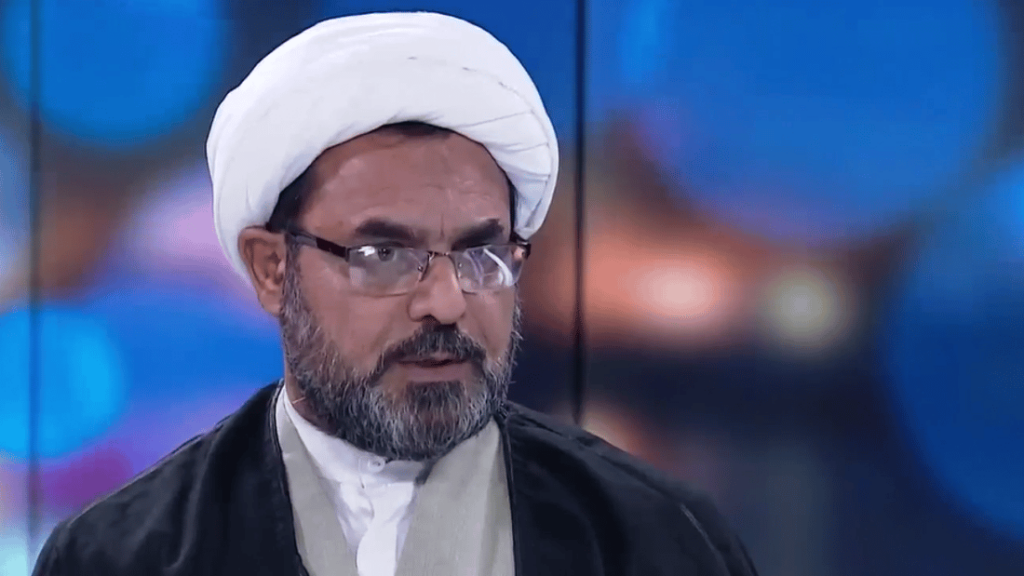Syrian Kurdish party reopens office as part of Kurdish unity initiative

ERBIL (Kurdistan 24) – The presidency of the Kurdish National Council in Syria (KNC) on Sunday decided to reopen its offices in Syrian Kurdistan as a sign of good faith in response to a Kurdish unity initiative by the Commander-in-Chief of the Syrian Democratic Forces (SDF), Mazloum Abdi.
The two major rival factions among Syrian Kurdish parties have continued meetings since early November to discuss the need for unity after Turkey’s attack on northern Syria.
As a result, at the beginning of January, the local administration in northeast Syria announced it would lift a previous restriction on parties not licensed by the self-administration from opening offices.
“Our supporters also know that during the previous years, the offices of the Kurdish National Council in Syria and the headquarters of its parties were not closed by a decision of the Council, but by a decision of the [rival] Democratic Union Party (PYD) and its armed forces by force,” the KNC said in a statement.
But the KNC leadership decided to reopen its office and party headquarters to “enhance confidence and build on this to resolve contentious issues [with the PYD].”
Mustafa Bali, the head of the SDF press office, told Kurdistan 24 the SDF had previously offered to be a “guarantor for the reconciliation process in intra-Kurdish policies in Northeastern Syria.”
He added that other actors can also play a role in bringing the Syrian Kurds together, “especially the leadership in the Kurdistan Region, specifically Mr. Masoud Barzani and other Kurdistani actors,” he said, adding the SDF would support them.
Over eight months ago, the French government also led an initiative to bring the Kurdish parties together in France without much success. The United States has also supported efforts by the Syrian Kurdish parties to unite.
“We have invested hope in this process, and discussions are ongoing. We are trying to resolve the current existing differences and disputes. And we want to open a door for all political circles to come together,” Bali added.
Tensions between the KNC and PYD have increased since the outbreak of the Syrian civil war in 2011, with the latter playing a significant role in the establishment of the self-administration that has ruled northeastern Syria.
The dominant Syrian Kurdish factions, the PYD and Kurdistan Democratic Party (KDP)-backed KNC, have not successfully cooperated because agreements they reached in Duhok and Erbil between 2012 and 2014 were never effectively implemented.
Bali suggested the Kurdish parties should approach reconciliation with serious responsibility and understand the threats “if we should fail again.”
“The previous efforts must constitute experience for everyone, and this time, lead to trust building-grounds—and I hope that both TEV-DEM and KNC can seize the opportunity for reconciliation,” he said.
According to Aron Lund, a fellow with the Century Foundation, there has been a lot of bad blood between the PYD and KNC camps, “especially given that the KNC parties cast their lot with Turkey and the Turkey-backed opposition that has fought the YPG [People’s Protection Units].”
“But at the end of the day, they’re all Kurds, and they’re all from the same areas,” Lund told Kurdistan 24.
“The Ankara-backed attacks on Afrin and, more recently, in Tal Abyad and Ras al-Ain brutalized local Kurdish communities, and seem to have shifted Kurdish public opinion to such an extent that KNC leaders now feel they need to make up with the PYD.”
Despite the calls for Kurdish unity in Syria, no concrete agreements to share political power have been reached on the ground.
“So, this attempt at reconciliation is the result of that, but I’m not sure what to make of it,” Lund stated.
“The KNC is very weak on the ground and may not be able to break completely with their foreign supporters, and there are still some serious, fundamental disagreements. We’ll see what happens.”
Editing by Karzan Sulaivany




